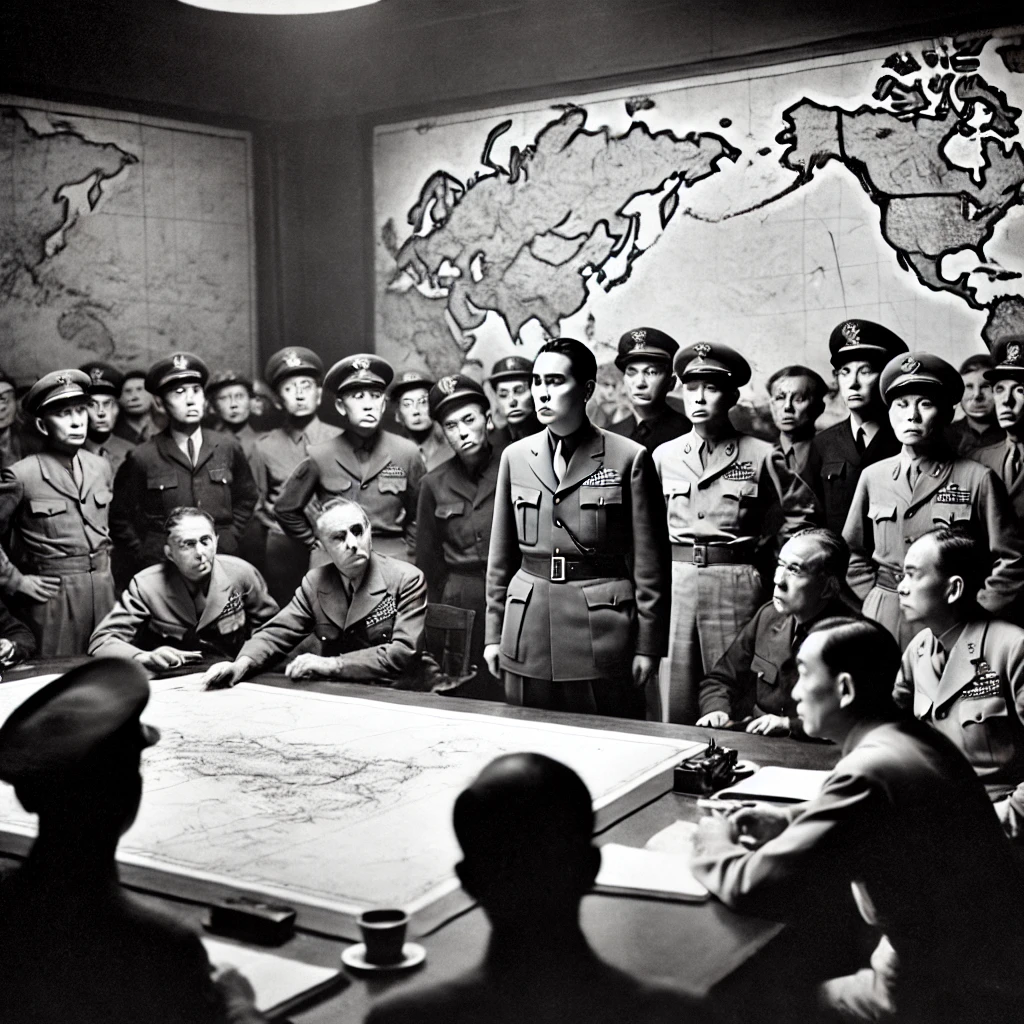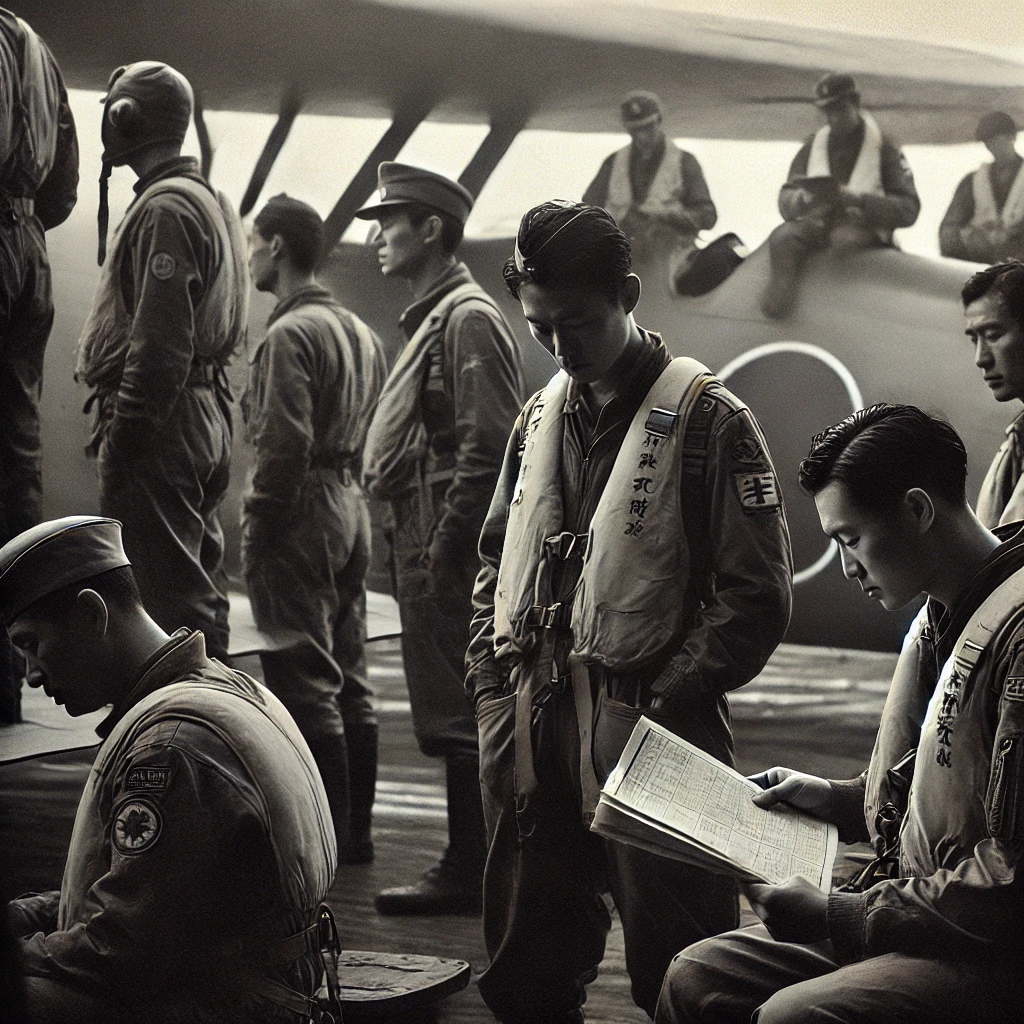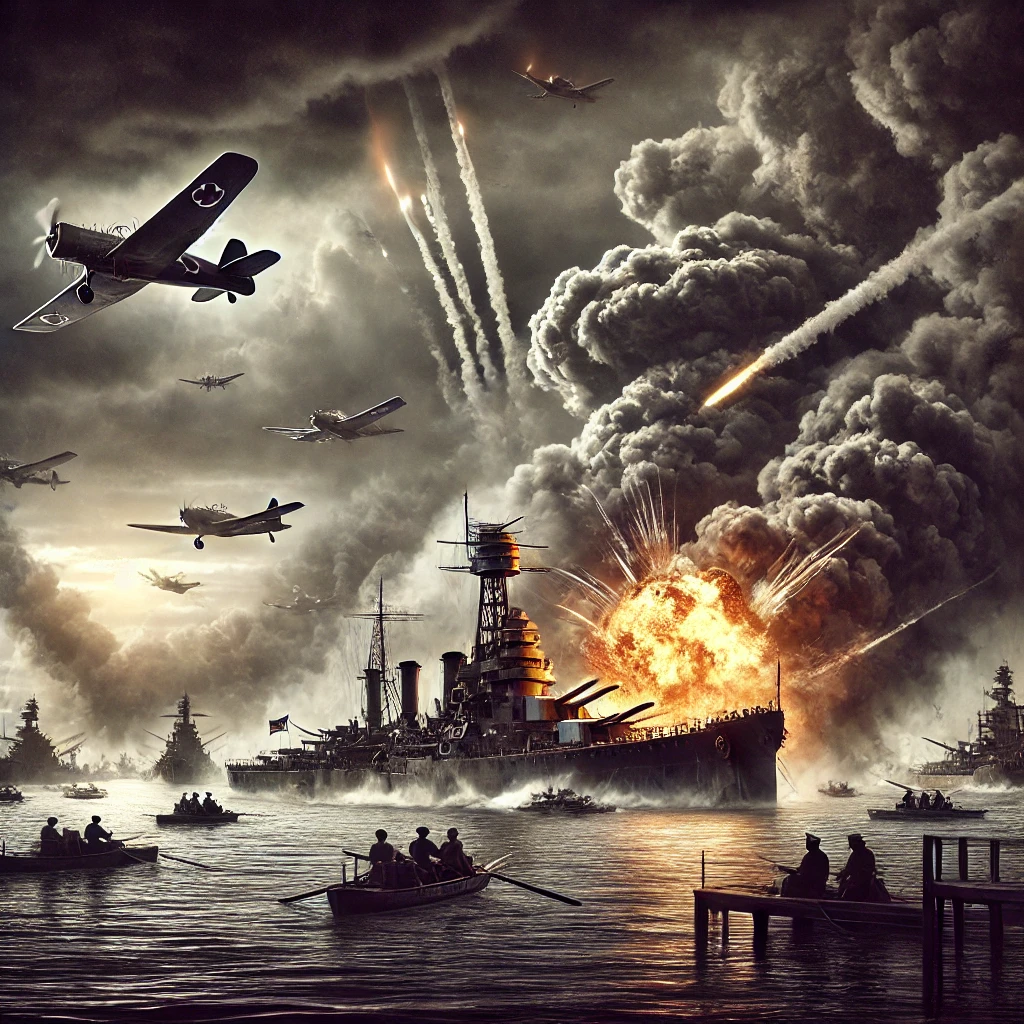On November 5, 1941, the Japanese military issued the final orders to attack Pearl Harbor, setting the stage for one of the most pivotal moments in U.S. history. This surprise military strike on December 7, 1941, would lead to the United States’ entry into World War II and forever alter the course of history. The decision to bomb Pearl Harbor was rooted in a complex web of geopolitical tensions, military strategy, and national interests that had been building for years.

Rising Tensions in the Pacific
In the years leading up to the attack, relations between the United States and Japan had become increasingly strained. Japan was expanding its empire in Asia, aggressively pursuing territorial conquests in China and Southeast Asia. The United States, concerned about Japan’s expansionist policies and its threat to American interests in the Pacific, imposed economic sanctions and trade embargoes, particularly targeting oil and steel, which were crucial to Japan’s military operations.
As tensions escalated, Japanese leaders believed that a preemptive strike against the United States was necessary to secure their strategic interests in the Pacific. Planning for the attack on Pearl Harbor was meticulously executed, with Japan seeking to deliver a decisive blow to the U.S. Pacific Fleet and diminish American military capabilities in the region. The order given on November 5, 1941, marked the culmination of these preparations, signaling a shift toward open conflict.

The Attack and Its Consequences
On December 7, 1941, the attack on Pearl Harbor unfolded with shocking intensity. Japanese aircraft launched a surprise assault on the naval base, resulting in significant loss of life and destruction of U.S. naval vessels and aircraft. The attack claimed the lives of over 2,400 Americans and wounded nearly 1,200 more, making it one of the deadliest days in American military history.
The immediate aftermath of the attack galvanized public opinion and united the nation. President Franklin D. Roosevelt addressed Congress the following day, famously calling December 7th “a date which will live in infamy.” His speech rallied support for a declaration of war against Japan, marking the official entry of the United States into World War II. The attack on Pearl Harbor not only altered the trajectory of the war but also transformed the United States into a global superpower.
A Lasting Legacy
The events surrounding the bombing of Pearl Harbor have had a profound and lasting impact on American society and international relations. The attack fundamentally changed the American military strategy, leading to increased military investment and a focus on preparing for future conflicts. The legacy of Pearl Harbor can be seen in the development of U.S. foreign policy, as the nation embraced a more interventionist stance in global affairs.

Moreover, the attack had significant repercussions for Japanese Americans, who faced intense scrutiny and discrimination in the wake of the bombing. Fears of espionage led to the internment of thousands of Japanese Americans during the war, a dark chapter in American history that has since been acknowledged and addressed through reparations and public apologies.
The order given on November 5, 1941, to bomb Pearl Harbor set in motion a series of events that would change the course of history. The attack on December 7, 1941, not only propelled the United States into World War II but also reshaped its role in global politics. As we reflect on this significant moment, we recognize the profound implications it had on American society, military strategy, and international relations. The legacy of Pearl Harbor continues to serve as a reminder of the complexities of conflict, the fragility of peace, and the importance of vigilance in the face of evolving threats.
